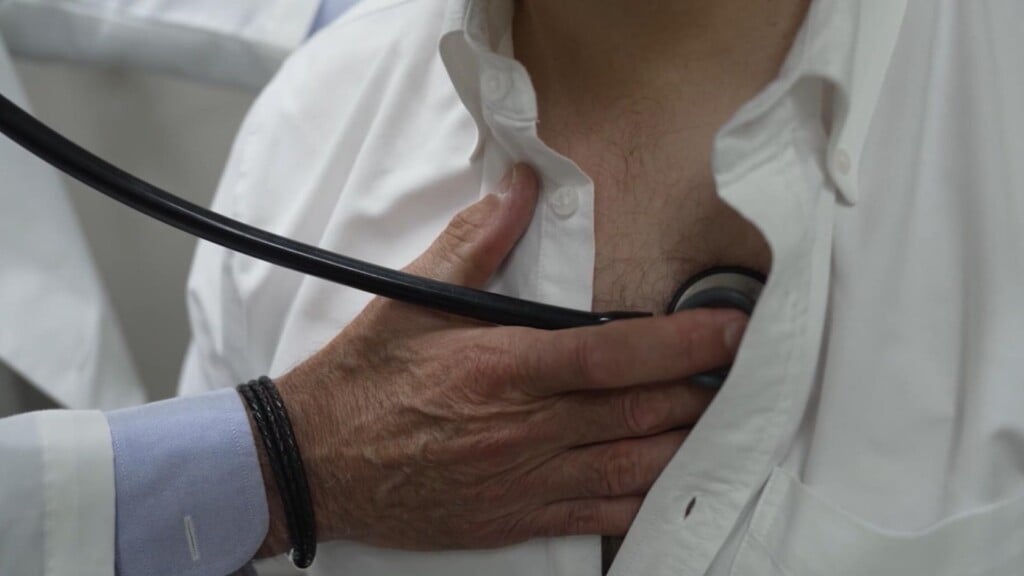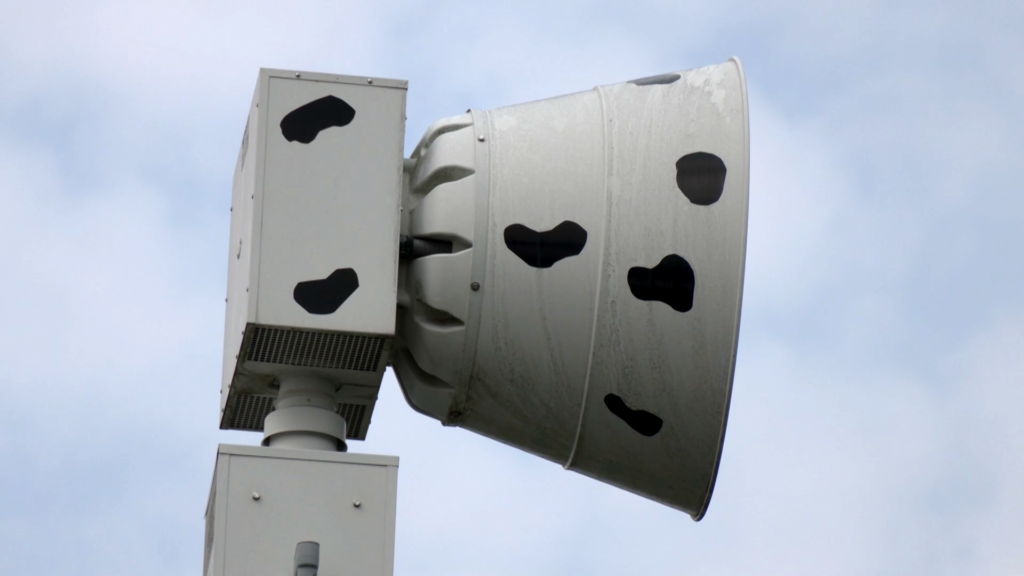Local 3 Year-Old faces Rare Diagnosis: Angelman Syndrome
*Edited on June 21, 2024. Previously reported one in 1500 people are affected by Angelman Syndrome, and has been edited to accurately reflect statistics, one in 15,000 are affected by the disorder.
Bowling Green, Ky. – Angelman syndrome is a rare neurogenetic disorder that affects one in 15,000 people. That’s nearly 500,000 individuals worldwide.
The disorder is something individuals are born with, it can cause severe developmental issues, motor impairment, abnormal movements, and leaves them at high risk for seizures. However, the behavior traits include a happy demeanor, frequent laughing, and a fascination with water.
Dayday is a three-year-old girl who was diagnosed with Angelman syndrome at one. Her mother, Brittany Ramsey, says, “They’re so happy, constantly wanting to be on the go and outside. She is obsessed with water. Which sometimes can be a bad thing that she’s obsessed with it, but we are always swimming. And honestly, in that scenario, she’s like a normal three-year-old. She wants to be outside and wants to keep going. She doesn’t want to stay in the house. She wants your attention. She loves attention. Loves to be talked about.”
Dayday is non-verbal and doctors say in most cases of Angelman syndrome expressive language is not developed, but those diagnosed have a good sense of receptive language.
Dayday’s doctor, Dr. Christopher Barton, a pediatric neurologist at Norton Children’s Neuroscience Institute, says, “She’ll probably need lifelong care, but still be able to have a great quality of life in terms of playing, interacting, feeding, you know, all the things that are going really well for her.”
The diagnosis means she will need constant care, physical therapy, and appointments with Dr. Barton. He shares, “I’ve developed a really special bond with this family is, they’ve overcome a lot of challenges with family themselves. But I also had a cousin who passed away from Angelman when she was young. I was in my first year of medical school when that happened, and she had complications related to a seizure which led her to passing away.”
A shared experience with Dayday and her family led to a personal bond and trusting relationship. “It’s one thing to have a doctor who knows what you look like in a textbook. It’s another who’s lived it personally.”
“That was comforting in itself when he told me that, shared that with me, I’m like, okay, so you kind of know what I’m going through. You know what life is going to look like for me or what it looks like right now.”
Doctors say the most important part in tracking development is reaching out to your child’s pediatrician and making sure they are meeting their milestones.




